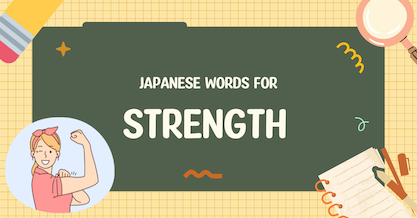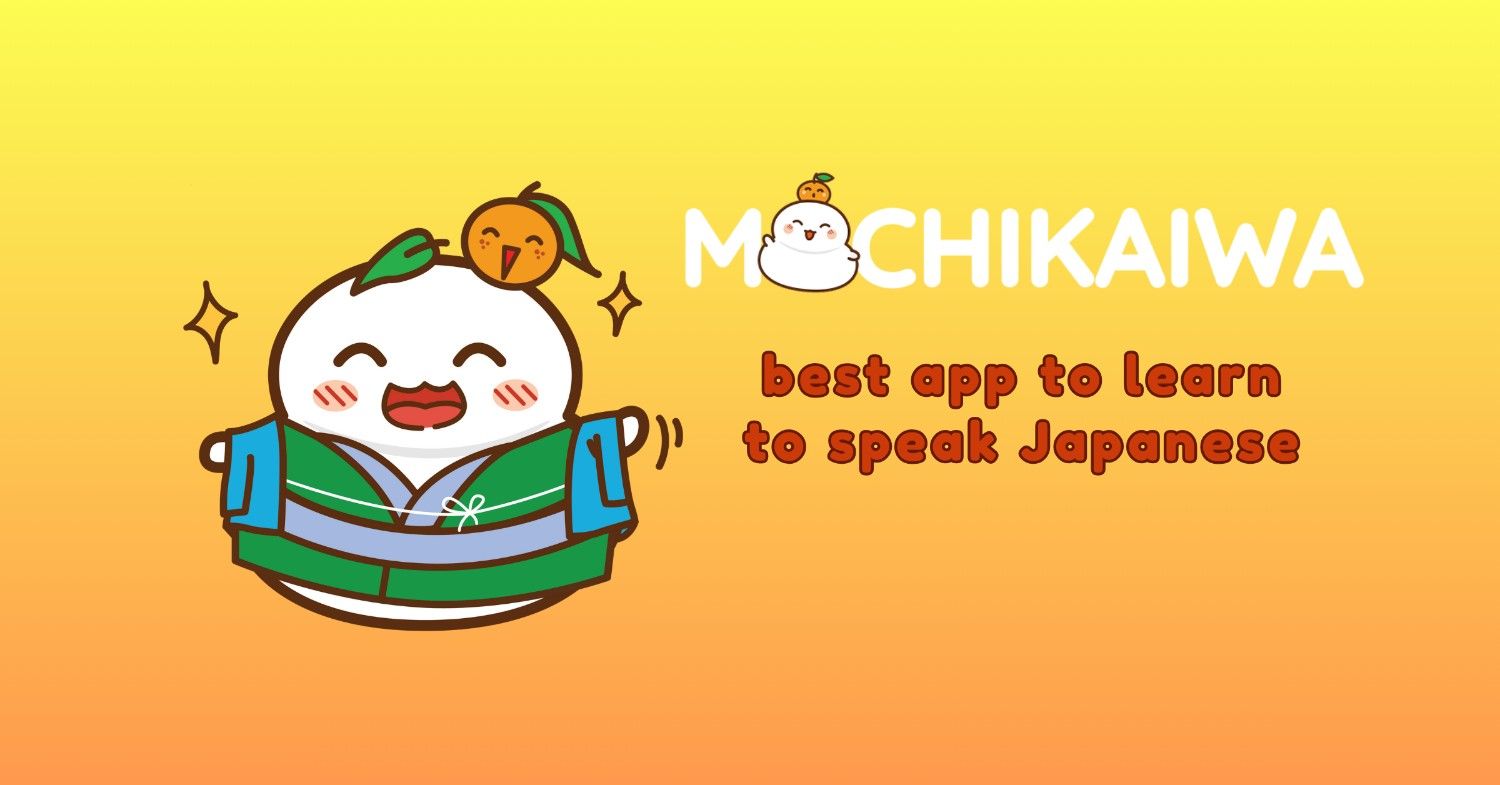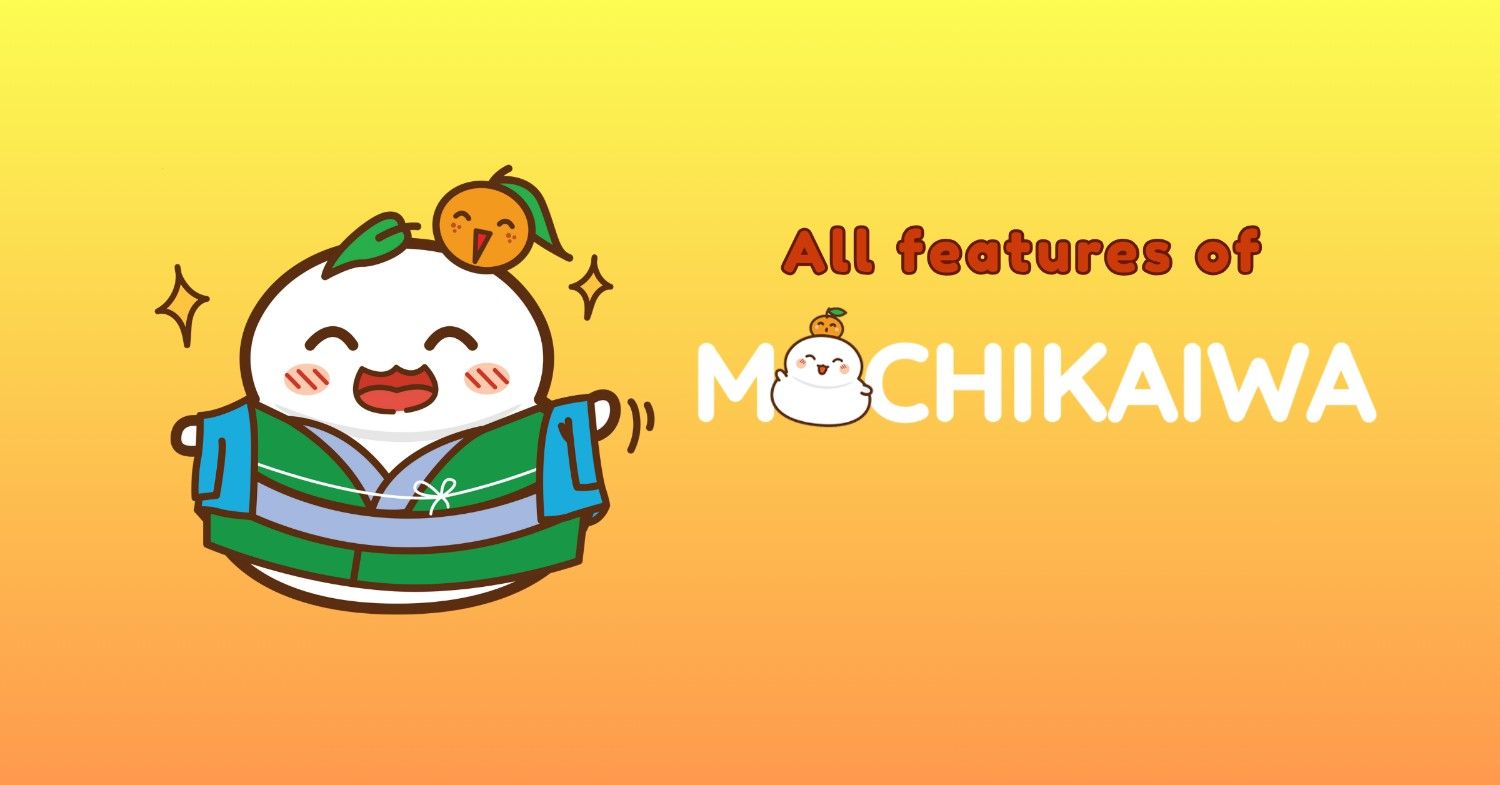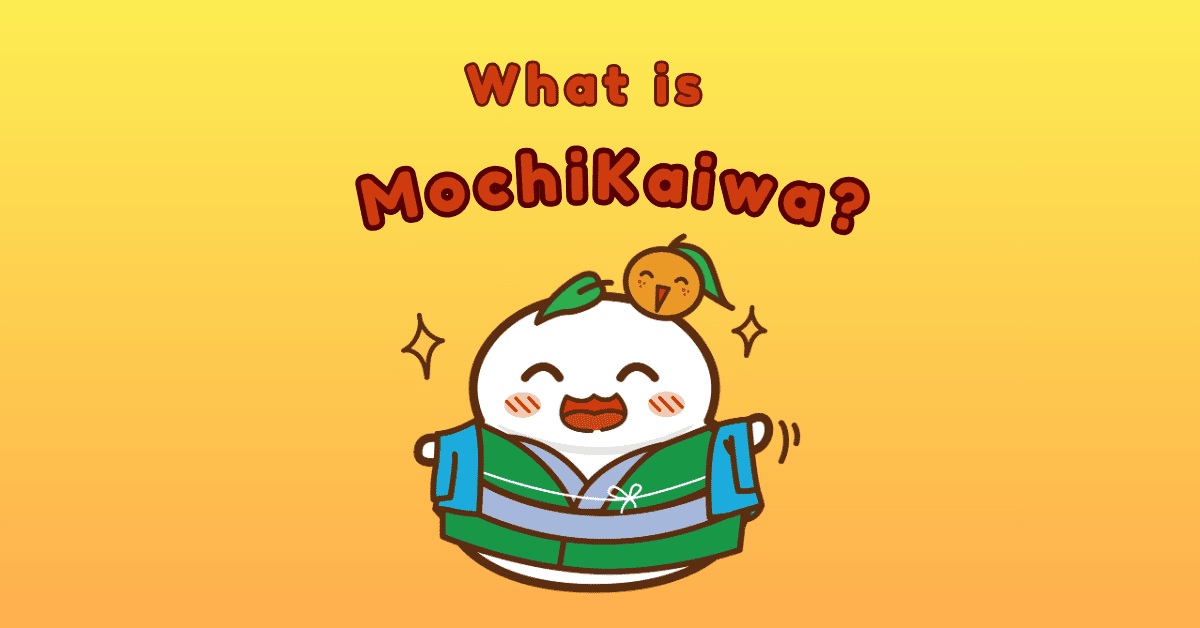- What does Heiwa (平和) mean?
- Heiwa in Japanese Culture
- Different ways to say “Peace” in Japanese
- Conclusion
Heiwa (平和) – a word that evokes feelings of calm, balance, and unity. But have you ever wondered what peace means in Japan, a country celebrated for its harmonious blend of tradition, modernity, and mindfulness? While many languages have words that describe the absence of conflict, heiwa in Japanese goes beyond this, encapsulating the essence of living in harmony with others, nature, and oneself.
In Japanese, peace is represented by the kanji 平和 (heiwa). However, heiwa doesn’t just mean peace as we typically know it. It embodies a deeper cultural concept of balance and harmony, both within society and in one’s inner self. It reflects a philosophy that influences everyday life in Japan, shaping personal relationships, social behavior, and even Japan’s national identity. To grasp heiwa is to understand a key aspect of Japan’s unique cultural outlook.
In this article, we’ll explore the kanji 平和 (heiwa), how it’s used in the Japanese language and culture, and why it holds such profound meaning. We’ll also delve into everyday expressions that reflect the peaceful and harmonious spirit of Japanese society, offering you a deeper insight into this essential concept.
What does Heiwa (平和) mean?
“Heiwa” consists of two kanji characters: 平 (hei) and 和 (wa). Together, they create the word “peace,” but each kanji holds its own meaning:
- 平 (hei): This kanji means “flat” or “calm.” It represents stability and a sense of balance.
- 和 (wa): This kanji stands for “harmony” or “gentleness.” It’s often associated with peaceful coexistence, both with people and the natural world.
When combined, 平和 (heiwa) goes beyond the simple absence of conflict – it signifies a peaceful state where balance and harmony are maintained within society and one’s inner self. This cultural perspective is reflected in various aspects of Japanese life, from interpersonal relationships to the way Japan interacts with the world.
Heiwa in Japanese Culture
Heiwa as a National ideal
Japan’s post-war history has been deeply influenced by the concept of peace, not just as an ideal but as a national mission. After the devastation of World War II, Japan adopted a pacifist constitution, and “heiwa” became a symbol of the country’s commitment to non-violence and peaceful coexistence. The aspiration for heiwa is embedded in Japan’s national identity and diplomacy, influencing the country’s stance on international relations and its role as a global advocate for peace.
Heiwa in daily life
On a personal level, “heiwa” can be observed in everyday actions and social behavior. There is an unspoken cultural emphasis on maintaining harmony, whether in family dynamics, work environments, or friendships. Japanese etiquette and communication often revolve around ensuring balance, avoiding conflict, and promoting mutual respect, all of which are part of the broader idea of living a peaceful life. This extends even to the design of Japanese homes, gardens, and public spaces, where simplicity and tranquility are prioritized.
Different ways to say “Peace” in Japanese
Beyond “heiwa,” there are other Japanese words and phrases that express different aspects of peace. Below is a list of terms along with their meanings:
Expressions and phrases with Heiwa (平和)
| Japanese Word | Romaji | Meaning |
| 平和 (へいわ) | Heiwa | Peace |
| 安寧 (あんねい) | Annei | Peace |
| 泰平 (たいへい) | Taihei | Peace |
| 平穏 (へいおん) | Heion | Calm/peaceful |
| 静寂 (せいじゃく) | Seijaku | Silence |
| 平静 (へいせい) | Heisei | Composure |
| 安静 (あんせい) | Ansei | Quiet |
| 和 (わ) | Wa | Harmony |
| 和解 (わかい) | Wakai | Reconciliation |
| 安息 (あんそく) | Ansoku | Rest |
| 平和的 (へいわてき) | Heiwateki | Peaceful |
| 穏やか (おだやか) | Odayaka | Gentle and calm |
| 調和 (ちょうわ) | Chouwa | Harmony |
| 安全 (あんぜん) | Anzen | Safety |
| 幸福 (こうふく) | Koufuku | Happiness |
| 和らぎ (やわらぎ) | Yawaragi | Peacefulness |
Learning Heiwa (平和): The symbol of “Peace” in writing
There are also various expressions and idioms in Japanese that incorporate the word “heiwa” or convey a similar sense of peace and harmony:
| Japanese Phrase | Pronunciation | Meaning |
| 世界平和 (せかいへいわ) | Sekai heiwa | World peace |
| 平和を保つ (へいわをたもつ) | Heiwa wo tamotsu | To keep the peace |
| 平和主義 (へいわしゅぎ) | Heiwa shugi | Pacifism |
| 平和的共存 (へいわてききょうそん) | Heiwateki kyouson | Peaceful coexistence |
| 平和を願う (へいわをねがう) | Heiwa wo negau | To wish for peace |
| 平和に暮らす (へいわにくらす) | Heiwa ni kurasu | To live peacefully |
| 平和の象徴 (へいわのしょうちょう) | Heiwa no shouchou | Symbol of peace |
| 心の平和 (こころのへいわ) | Kokoro no heiwa | Peace of mind |
Conclusion
To understand Heiwa (平和) is to appreciate the heart of Japanese culture—a culture where peace is more than just the absence of conflict. It’s about creating harmony in every aspect of life, from personal relationships to how society functions as a whole. The kanji 平和 represents a balance that transcends individual peace, extending to the collective well-being of others, nature, and the world. By learning and embracing the concept of Heiwa, we gain a deeper understanding of Japan’s cultural values and its pursuit of a harmonious way of life. Let this profound idea of peace inspire us to cultivate balance and unity in our own lives.





